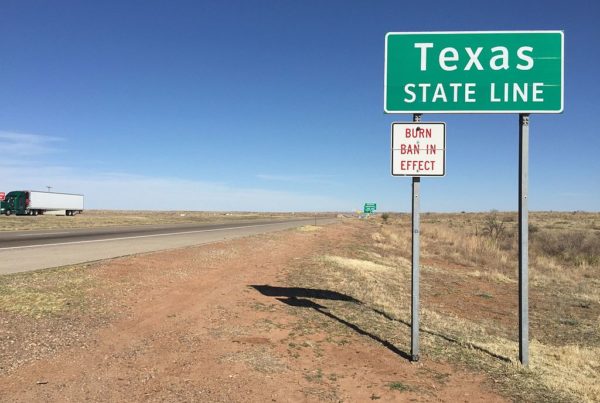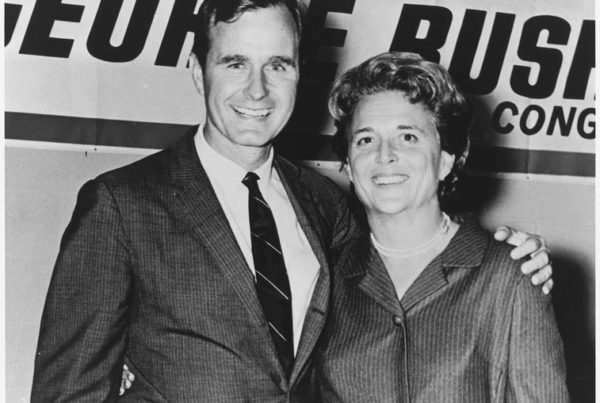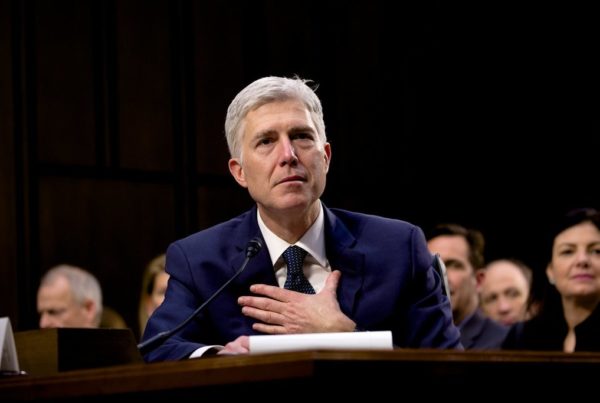Every time a vessel comes to a port of call, a local sailor takes command of the ship to maneuver it through the shallow water to berth, or out to sea. Those sailors are called “marine pilots” or maritime pilots, and they must be experts on their specific ports and waters.
There’s one association that exclusively takes care of the guiding task in Texas: Galveston-Texas City Pilots, or the “Sentinels of the Ports of Galveston County since 1845.” However, Andrea Rumbaugh of the Houston Chronicle reports a group of captains unable to get the necessary licenses to be part of the Galveston-Texas City Pilots are accusing the association of acting as a monopoly.
Rumbaugh says the issue is rooted in a difference of perspective. While these pilots have a federal license from the Coast Guard, the state association says more training is required.
It’s not possible to acquire a state license independently. Pilots may only get their license after being trained by an existing state pilot – but these existing state pilots aren’t training them.
“It’s just a matter of size,” Rumbaugh says. “They have a certain number of positions available and they have a lot of people applying for it. And so they say it’s a very competitive industry to get into, and that’s their argument.”
Each pilot can make $400,000 or more a year.
The lawyer representing the five captains looking to get a state license says the lack of training suggests that the Galveston-Texas City Pilots have a monopoly – and that’s not allowed in the Texas constitution. However, attorneys protecting the Galveston state pilots and pilot commissioners say it’s a matter of safety, therefore making the monopoly permissible. An accident on the waterways could have potentially dramatic effects on the Houston ship channel and local economies.
“That’s where it really hinges,” Rumbaugh says. “Is it okay to have a monopoly when it’s for safety? Or are monopolies always illegal in the state of Texas?”
There are efforts in the works toward creating a second pilot organization. This has proven challenging – the Governor must approve of a pilot commissioner, who then approves a pilot, who must be approved by the Governor.
“They’ve just been hitting some legal roadblocks and that’s why they’re doing this lawsuit,” Rumbaugh says. “It’s because they would like to create a second one, but there’s just no avenue to do this at the moment.”
Written by Elizabeth Ucles















